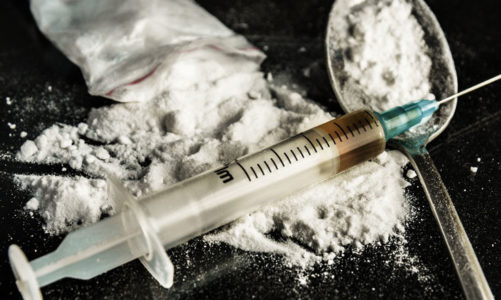Alcohol abuse has far-reaching consequences that can affect almost every aspect of one’s life. It’s possible that your personal, social, and professional circles will be harmed by alcohol abuse.
What Are the Consequences of Drinking Alcohol?
Drinking too much alcohol can have immediate and long-term consequences. Whether you’re a first-time drinker or a seasoned drinker, alcohol has a significant effect on your body. You can suffer many potentially deadly side effects from drinking too much alcohol, but long-term abuse can lead to serious financial, medical, and interpersonal difficulties as well.
Alcohol Abuse’s Immediate Effects
Following are some of the consequences that can occur within five to ten minutes of ingesting alcohol:
- Nausea
- Blurred vision
- Aggression
- Vomiting
- Depression
- Slowed breathing
- Dizziness
The stomach and small intestine are entry points for alcohol into the bloodstream. Within 30 minutes of consumption, alcohol reaches its peak. Once in the brain, the chemicals begin to interfere with normal functions. People who are “drunk” are more likely to engage in risky activities, suffer accidents, and suffer other undesirable effects due to the delayed information they receive from the brain, which impairs their judgment and increases their reaction time.
Alcohol is filtered by the liver at a rate of one drink per hour. The body converts alcohol into carbon dioxide, water, and energy. Excessive alcohol abuse can cause fat to build up in the liver, resulting in hepatitis. In order to expel the alcohol through urine, the kidneys must then work harder at digesting the alcohol. The lungs expel approximately 8% of the alcohol consumed by the body through breath. The skin also absorbs a small amount of alcohol.
Alcohol Abuse’s Long-Term Effects
Long-term alcohol consumption can damage the liver, brain, pancreas, andheart. The long-term effects of addiction can include nerve damage and memory loss. An excessive amount of alcohol can lead to stroke, heart attack, high blood pressure, andarrhythmias. Pancreatitis results from the pancreas no longer filtering toxins and instead releasing them. Nevertheless, the liver is often the site of alcohol-related problems that can be fatal.
Alcoholism’s Effects On the Liver
Over 500 functions of the liver make it one of the most complex organs in the body, so excessive and binge drinking can cause it to malfunction. Damage to the liver may also affect other systems in the body. Liver functions include removing pollutants from the blood, storing energy, synthesizing hormones, and regulating blood sugar and cholesterol levels. The liver is an organ that is capable of self-repair in a variety of situations, but this can mask major health concerns, and mounting damage is difficult to detect and can be confused with other conditions. After liver damage occurs, it is typically irreversible, so prevention is crucial. In 2020, there were 44,358 deaths related to alcoholic liver disease in the United States.
Skyward Treatment Center Is the Source of Hope to Alcohol Addicts
Alcoholism can be conquered through a number of therapy options. Recovery can be achieved with either inpatient or outpatient treatment programs, depending on the severity of the addiction. Techniques such as cognitive behavioral therapy and anti-anxiety drugs can be used to alleviate tension that has built up during an individual’s addiction. Do not be hesitant to ask for assistance. Talk to our health experts at Skyward Treatment Center to learn more about our alcohol addiction treatment programs.




